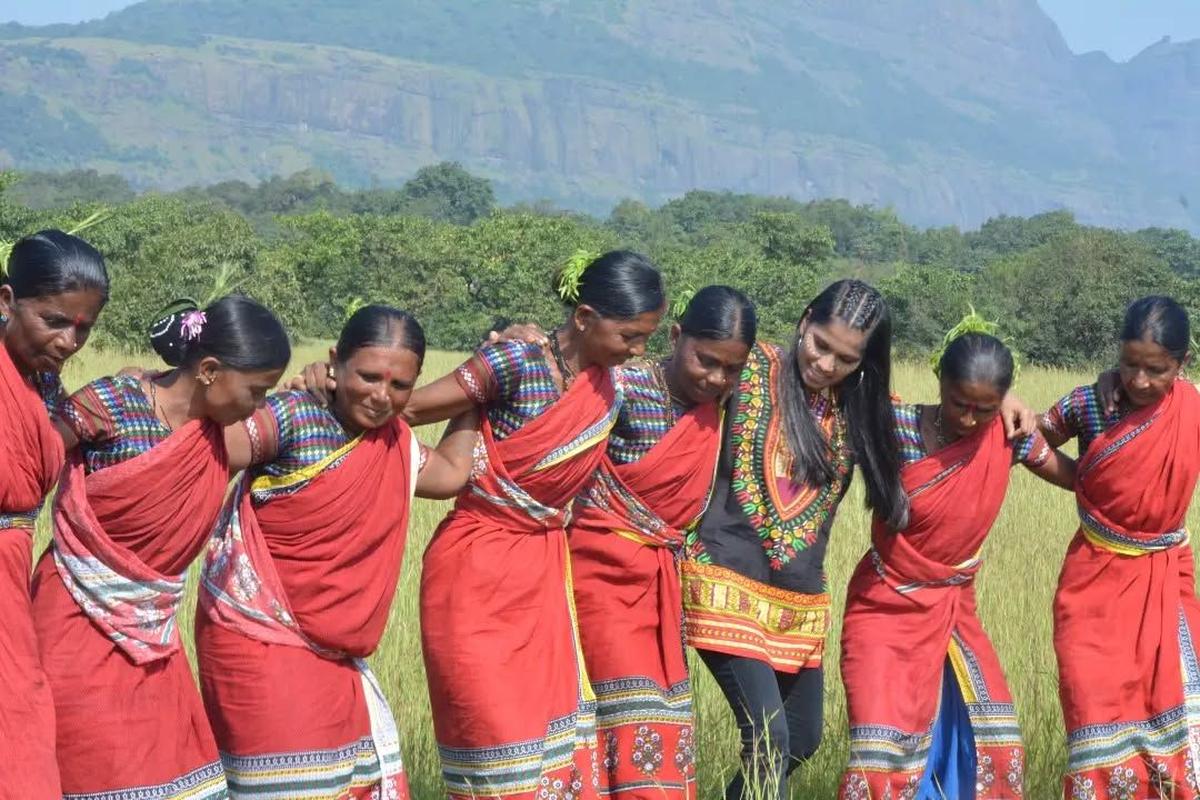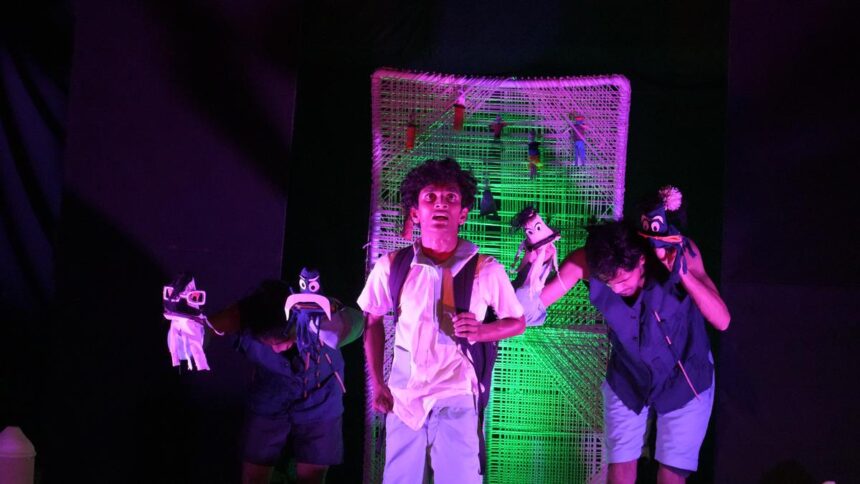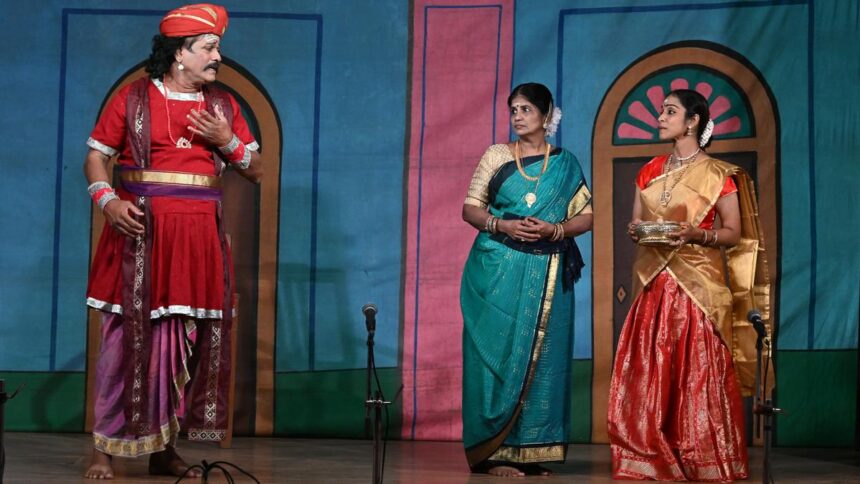Born in the Bronx as a voice of rebellion, hip-hop is more than just music. It’s a culture, a language of the oppressed, a sonic space where the truth cuts sharper than a melody. In India, where mainstream rap is often hijacked by commercialism and mimicry, conscious rap remains a lesser-traveled path; one that dares to dig deeper, confront capitalists, question patriarchy and government and echo resistance. Conscious rap isn’t about flexing riches or fast cars, but is about awareness,using the mic as a weapon.
Emerging from this powerful lineage of genre is Madhura Ghane, aka Mahi G, a 28-year-old Adivasi rapper from Maharashtra, whose music is reshaping the meaning of Indian hip-hop.
Inspired by poetry
Mahi’s journey into rap didn’t begin in a studio, but her village in Ahmednagar during the first phase of the lockdown. As the world paused, she found time to “reflect, reconnect and write”. Her verses found rhythm in rage. An IT engineer-turned-rapper from the Mahadev Koli tribe, Mahi turned to hip-hop as a means of storytelling, inspired by poetry she once penned in solitude.
She acknowledges her parents’ role in nurturing her social consciousness. “They listen with enthusiasm, every single time,” she shares.

The forest is home for animals and tribes, why should they leave?, asks the rapper
| Photo Credit:
Special Arrangement
Her debut track, ‘Jungle cha raja’, captures the struggle of Mahadev Koli Adivasi community, and is against the systemic neglect in the name of development. During her stay in the village, amid the pandemic, she noticed how “the government tried to strip people’s independence, offering rationed supplies while quietly building dams and disturbing ecological balance and agriculture”. It “infuriated” her and was the genesis of her first rap — one that changed the trajectory of her life.
It was only when she decided to pursue rap seriously that she met rapper-producer, Ajith Shelake, also known as Rapboss. Mahi says it is with his support ‘Jungle cha raja’ came to life.
In a few years, Mahi traversed the home ground to perform at India’s most prestigious academic and cultural spaces, including Jawaharlal Nehru University, IIT Bombay, Kalina University and TISS. She received the 18th Vidrohi Marathi Sahitya Sammelan Puraskar and in 2025 was honoured with the Fatimabi Savitri Puraskar (for fearlessly speaking out on social injustice).
Dedicated to transgender community
Mahi uses her poetry to highlight the erasure of tribal identity, caste inequality, the rights of the transgender community and ecological destruction. Her track ‘Haq se hijra hun’ is dedicated to the transgender community. It was a result of a question that haunted her during her college days — why did transgenders have to beg for money, while cisgender folks accessed jobs and opportunities? While working on the track, she reached out to the Pune-based Humsafar Trust to ensure the song’s accuracy. Once they greenlit it, the song was made. Her desire to cast trans-women in the video, was squashed by budgeting issue. So, she asked a male friend to perform instead, which he did for free.
Every track is self-funded, making her journey financially-challenging. Yet, it did not dilute the impact of her work.
Environmental issues
Her music video, on deforestation in Hasdeo for coal mining, went viral. “Every voice counts in stopping destruction. It’s home for animals and tribes. Why should they leave?” she asks. Her recent single ‘Heatwave’, in collaboration with Greenpeace, highlights the soaring temperatures, burning forests and the reality of millions, who work under the scorching sun unnoticed and unprotected.
Mahi’s greatest inspiration ”is Nature”. As a tribal woman, she feels connected to it and finds serenity and strength in it. When injustice stings, she turns to her notebook, knowing she has to speak up.
s
She’s often asked, “Aren’t you afraid to call out those in power?” And, she responds: “I’ll stop talking when these issues are solved. Till then, I will rap about them.” She also hopes that her songs initiate conversations. “I want my music to plant a seed of thought,” says the rapper, who doesn’t call herself a “rapper, but a storyteller — one who is still learning, growing and refining” her craft.

Her musical journey did not start in a studio, but her village in Ahmednagar
| Photo Credit:
Special Arrangement
Mahi dreams of adding melodic hooks to her songs to make them more memorable. She has an upcoming collaboration with the Swadeshi movement and urges artistes to stand their ground. “Believe in yourself. No matter what.”
Published – July 29, 2025 05:15 pm IST























